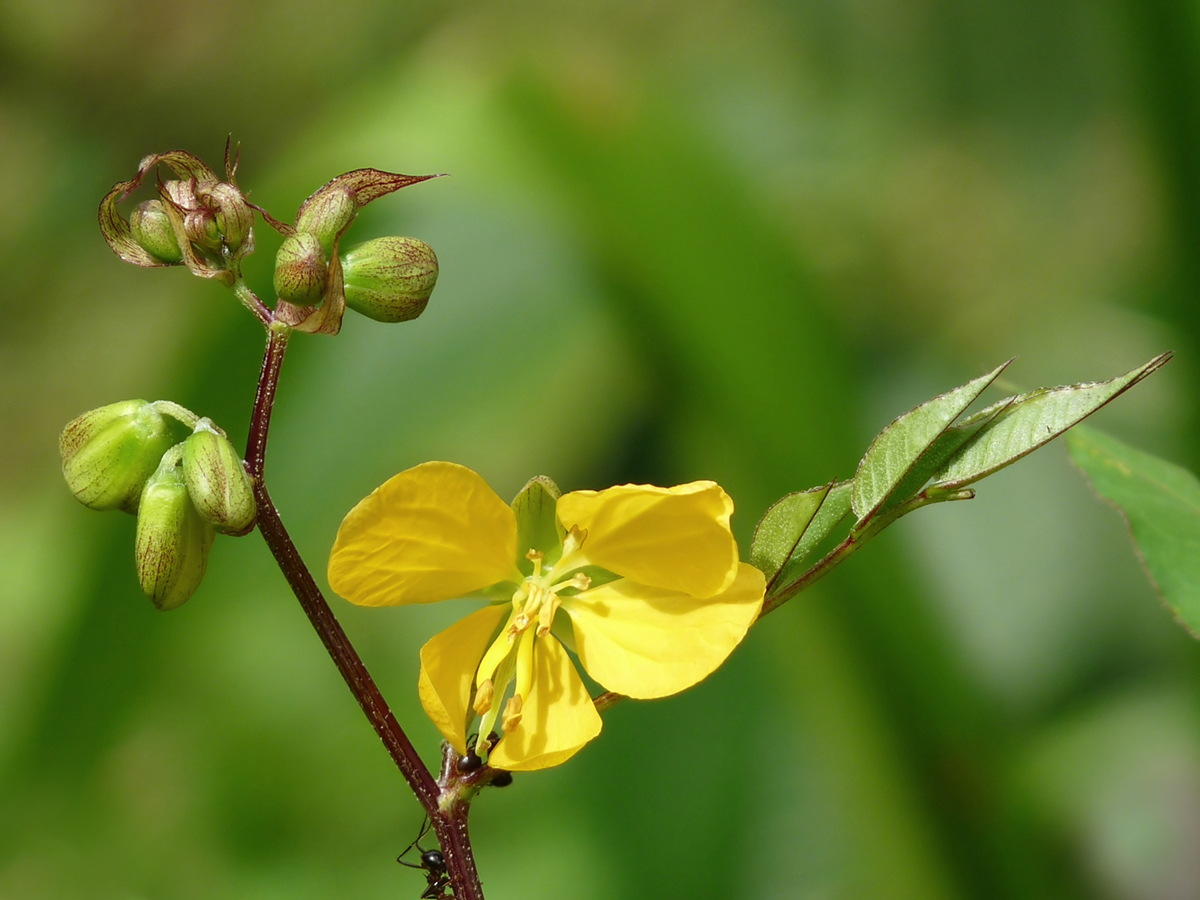
Flavonoids are substances found in almost all plants. There are more than 6000 different flavonoids, and they are usually responsible for plant colors of yellow, orange and red. They are a class of plant secondary metabolites, or yellow pigments. The most important biological role of flavonoids is to provide flower coloration and pigmentation of petals, aimed to attract pollinator animals. The Hungarian scientist Albert Szent-Gyorgyi, who described them as the “vitamin P”, discovers the first flavonoids in 1938. These natural compounds have very complicated chemistry, and they are found in various groups of substances, including flavonols, dihydroflavonols, flavones, isoflavones, flavanones, anthocyanins, and anthocyanidins.
Health benefits of flavonoids
A large portion of flavonoids has strong antioxidant properties. These flavonoids are able to neutralize free radicals, side-products of the cell metabolism, responsible for cellular damage and many related diseases. Some plants, like scultellaria root, cornus fruit, licorice, and green tea, contain very high amounts of antioxidant flavonoids, and they have been used for many centuries in oriental medicine.
Flavonoids are also known for their support to vitamin C. Each substance improves the antioxidant activity of the other, and many of the beneficial properties of vitamin C also appear to require the presence of flavonoids.
Flavonoids can also control the inflammation and prevent over-activation of the immune system and unwanted immune response.
Moreover, flavonoids possess antibiotic activity, as they can disrupt the function of harmful microorganisms like viruses or bacteria.
Flavonoids could possibly prevent many types of cancer in humans. A study conducted on subjects who eat a lot of food rich in flavonoids - strawberries, green and black teas, brussel sprouts, apples, beans and onions – reports that these people had reduced risk of obtaining lung cancer.
Flavonoids may also inhibit the development of fluids that result in diarrhea, and help in many gastro-intestinal problems.
Deficiency symptoms for flavonoids
At present, there are no public health recommendations for flavonoids. Deficiency symptoms may include extreme bruisability, frequent nosebleeds, swelling after injury and the presence of hemorrhoids. Weak immune system is another indicator of inadequate dietary intake of flavonoids.
Toxicity symptoms for flavonoids
Flavonoids do not appear to cause unwanted side effects. On the other hand, mothers who have a diet rich in flavonoids may increase the risk of acute myeloid leukemia in newborns. However, this is just a suspicion and no definitive scientific study have ever shown problems with high-level intake of flavonoids.
Sources of flavonoids
Almost all fruits, vegetables, herbs and spices contain flavonoids. Different types of flavonoids are usually found in different food sources. Black raspberries, for instance, may contain up to 100 milligrams of anthocyanins per ounce. Green tea has flavonoid compounds called catechins that may reach 1,000 milligrams (or 1 gram) per cup.

















Your thoughts on this
Loading...